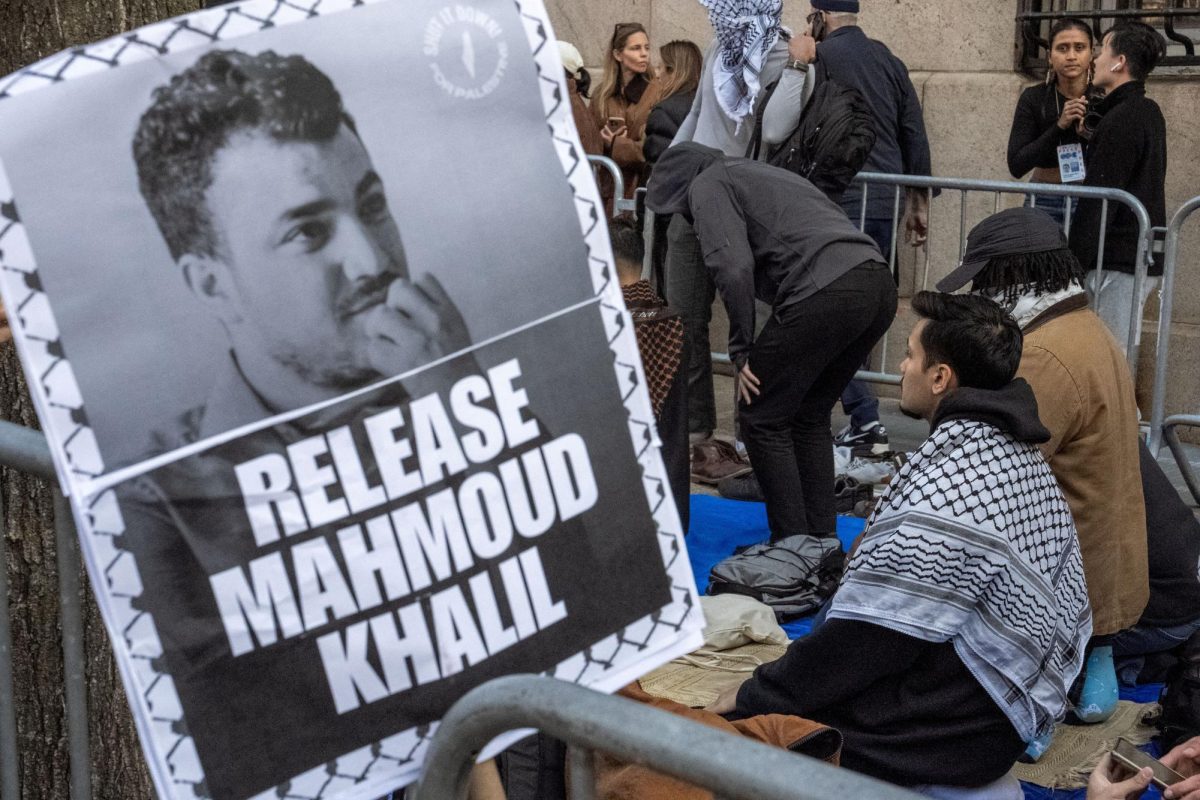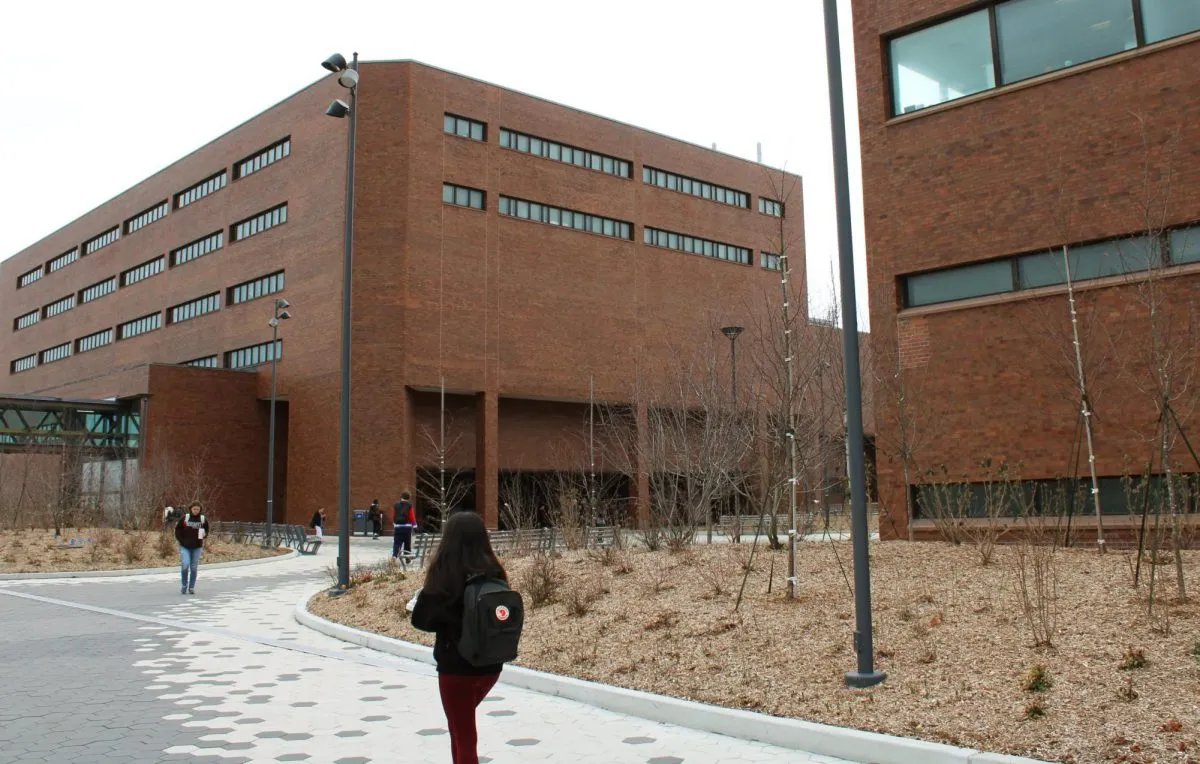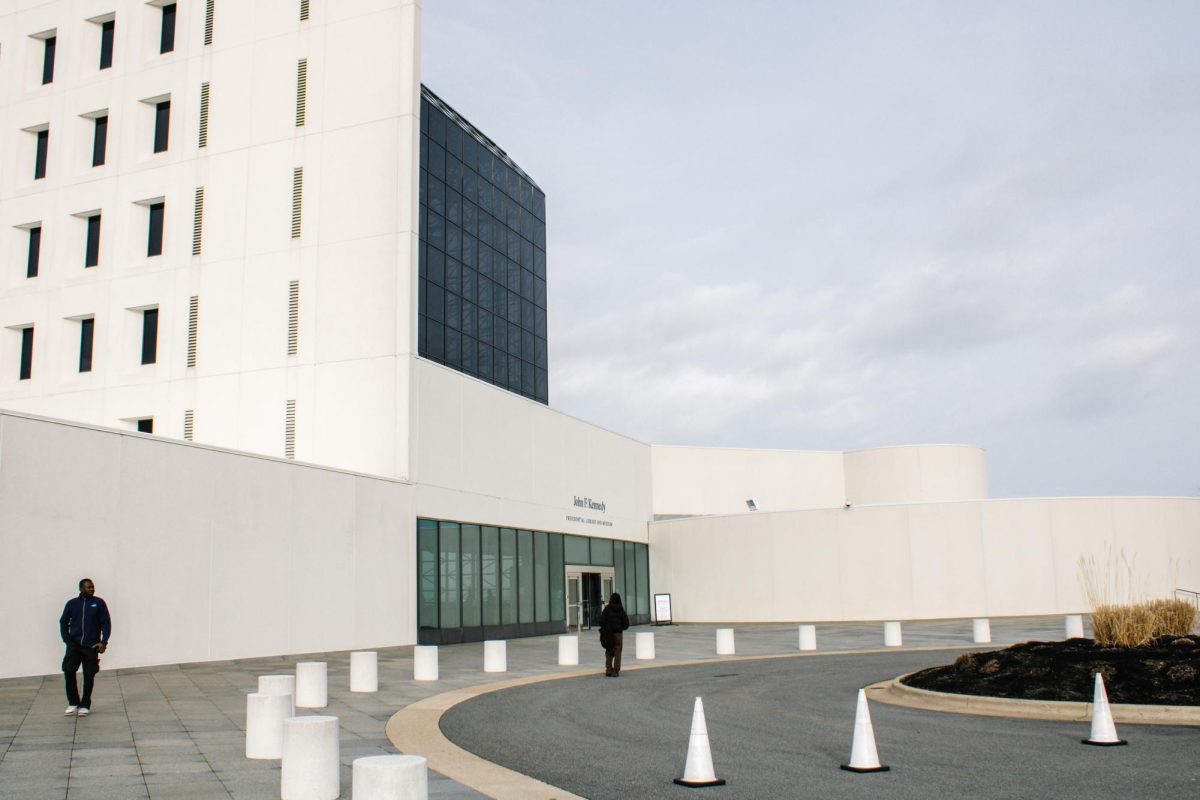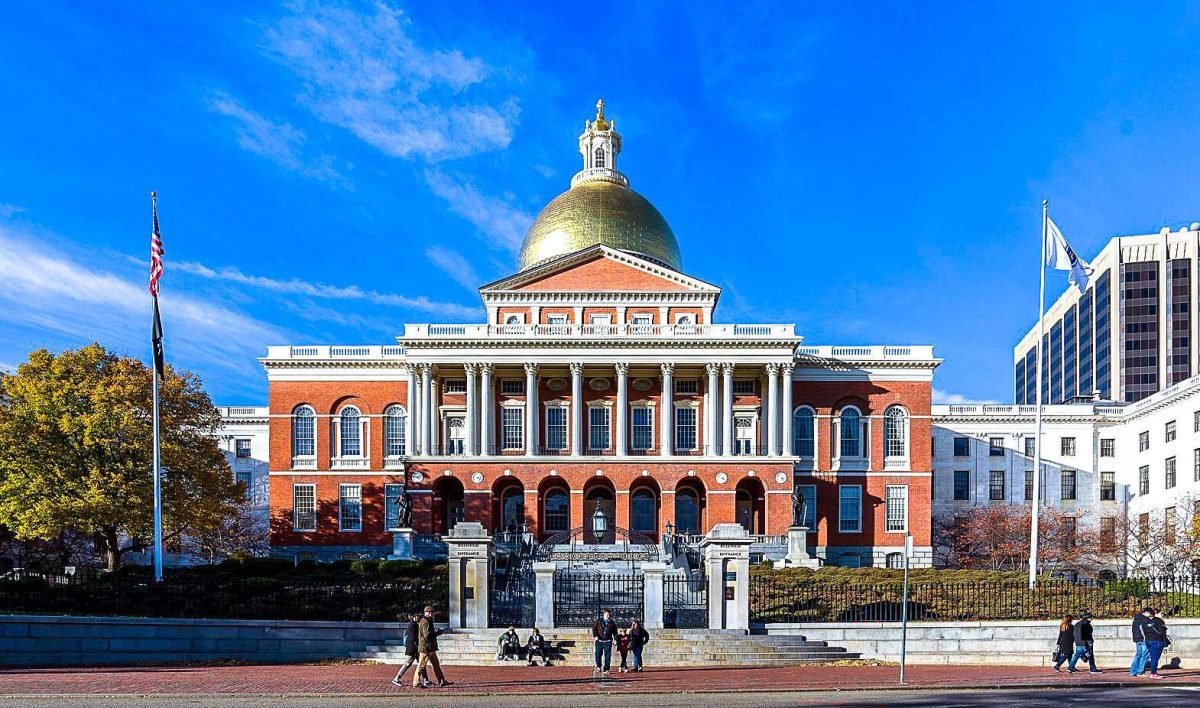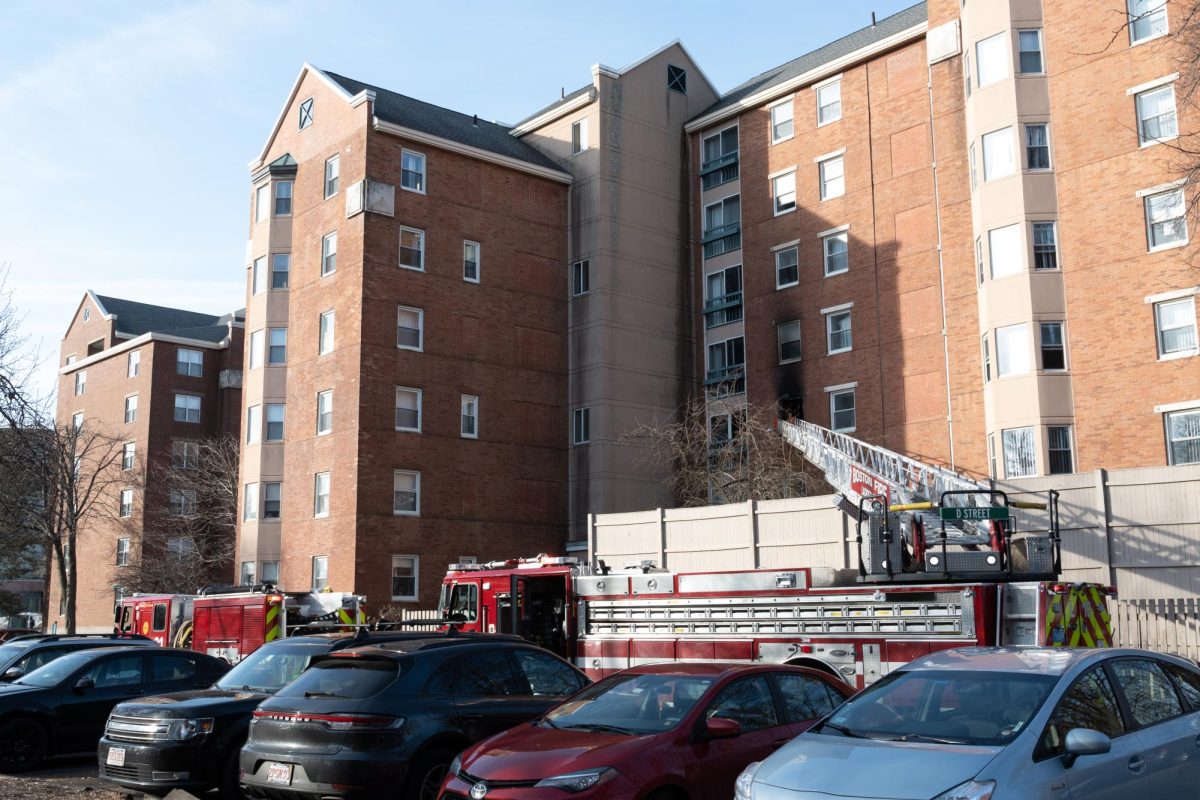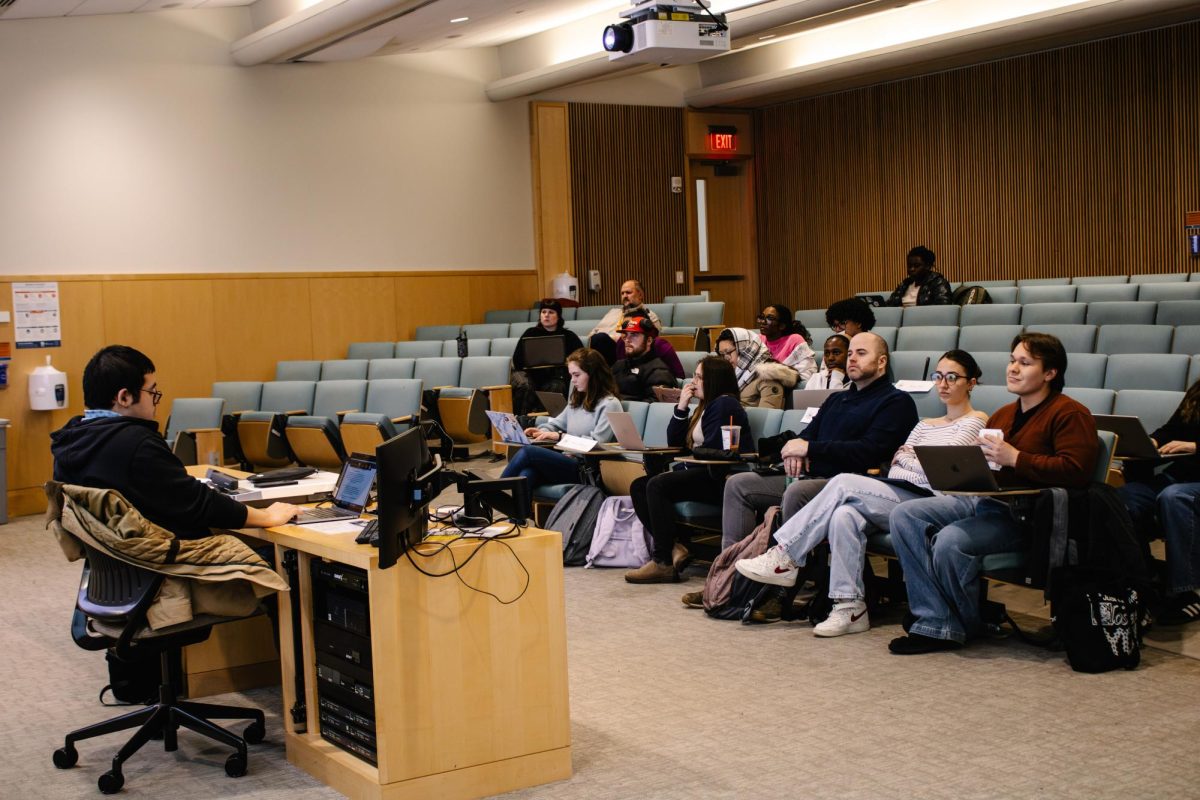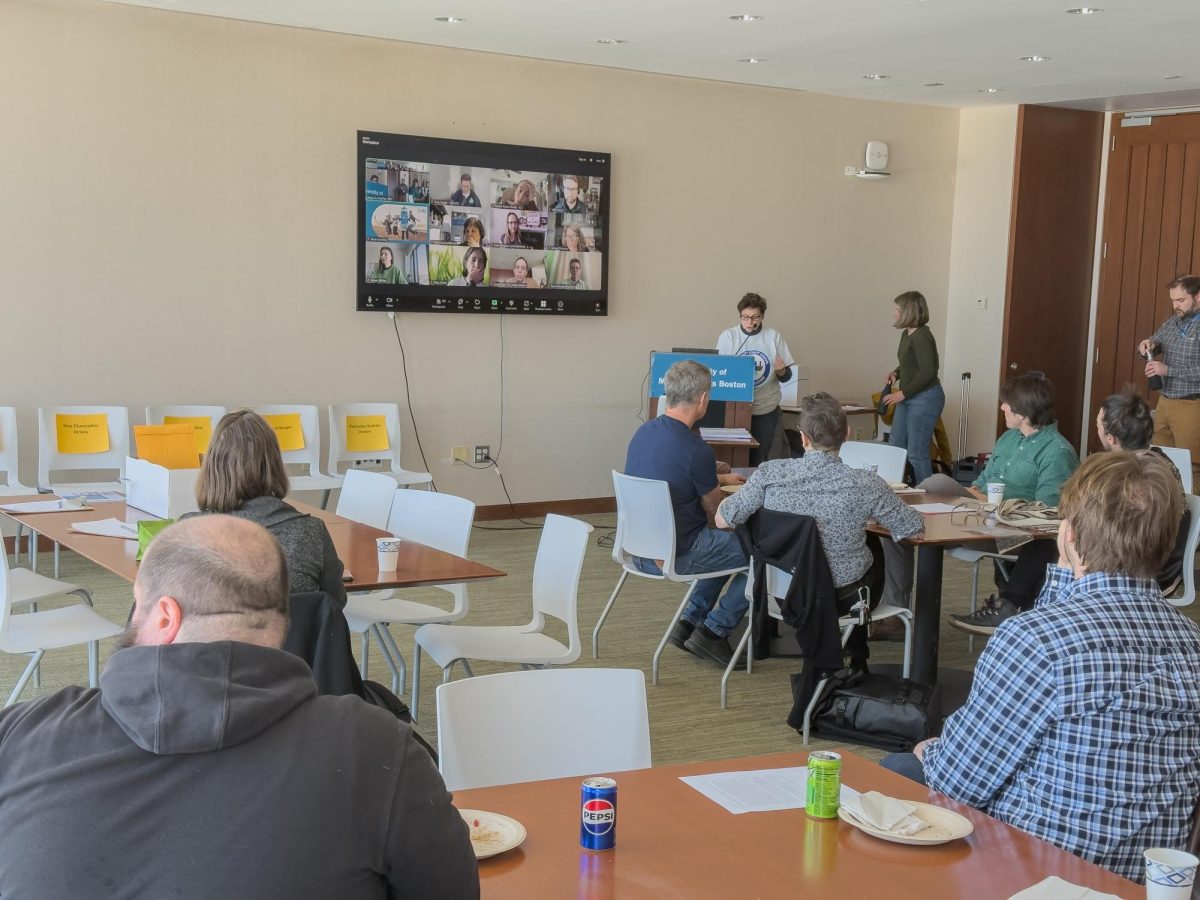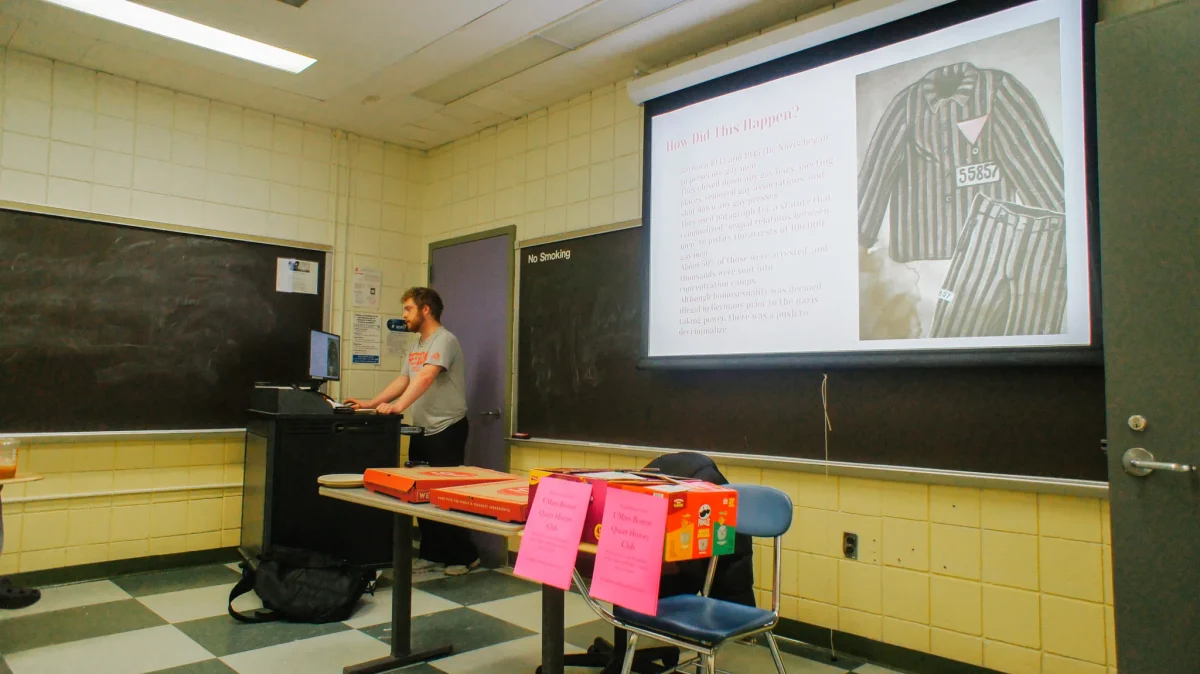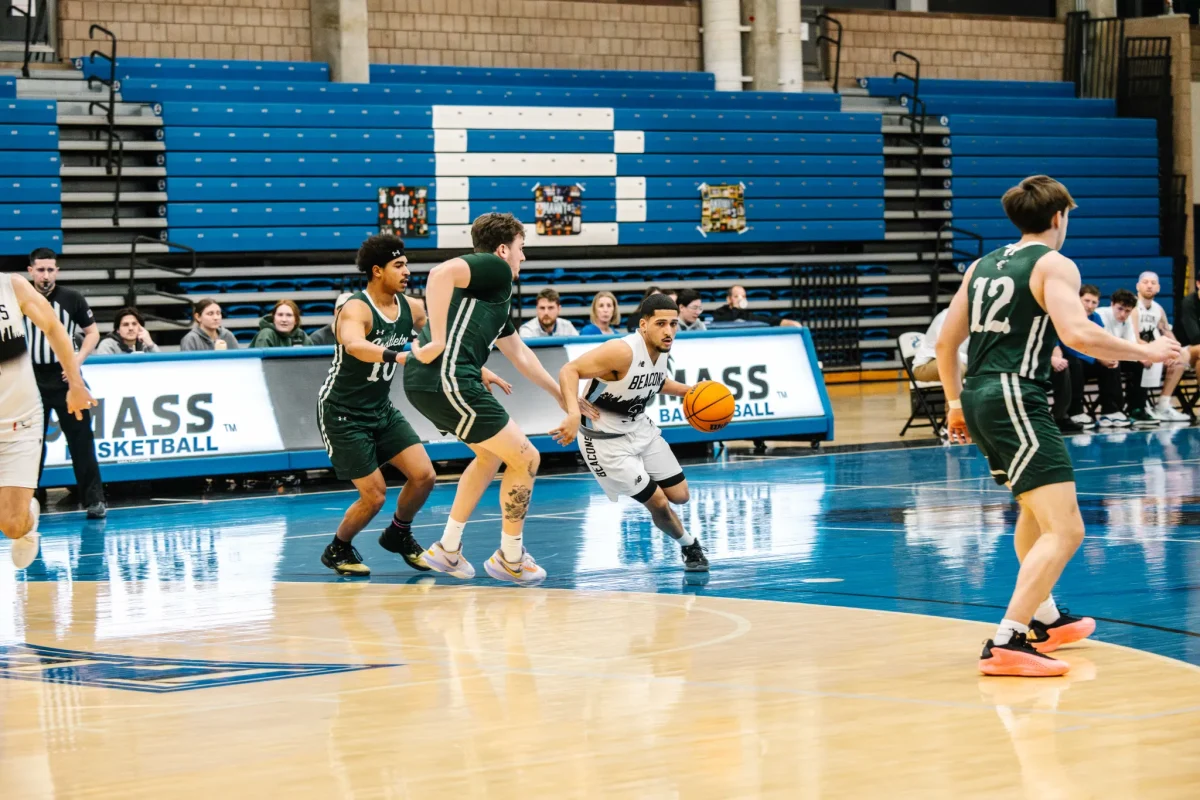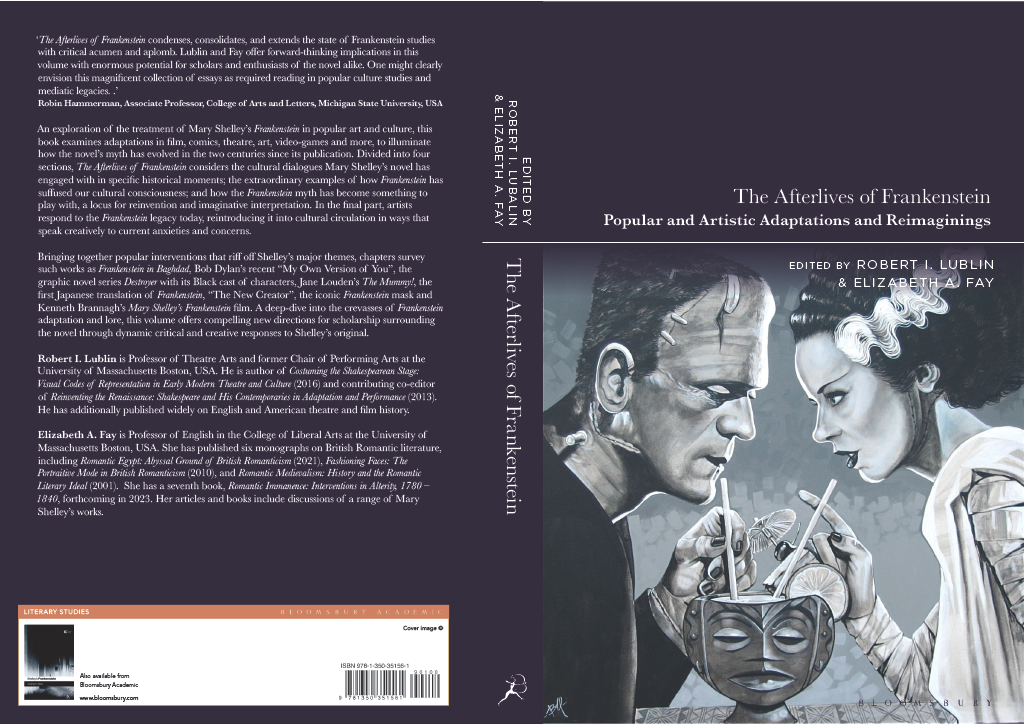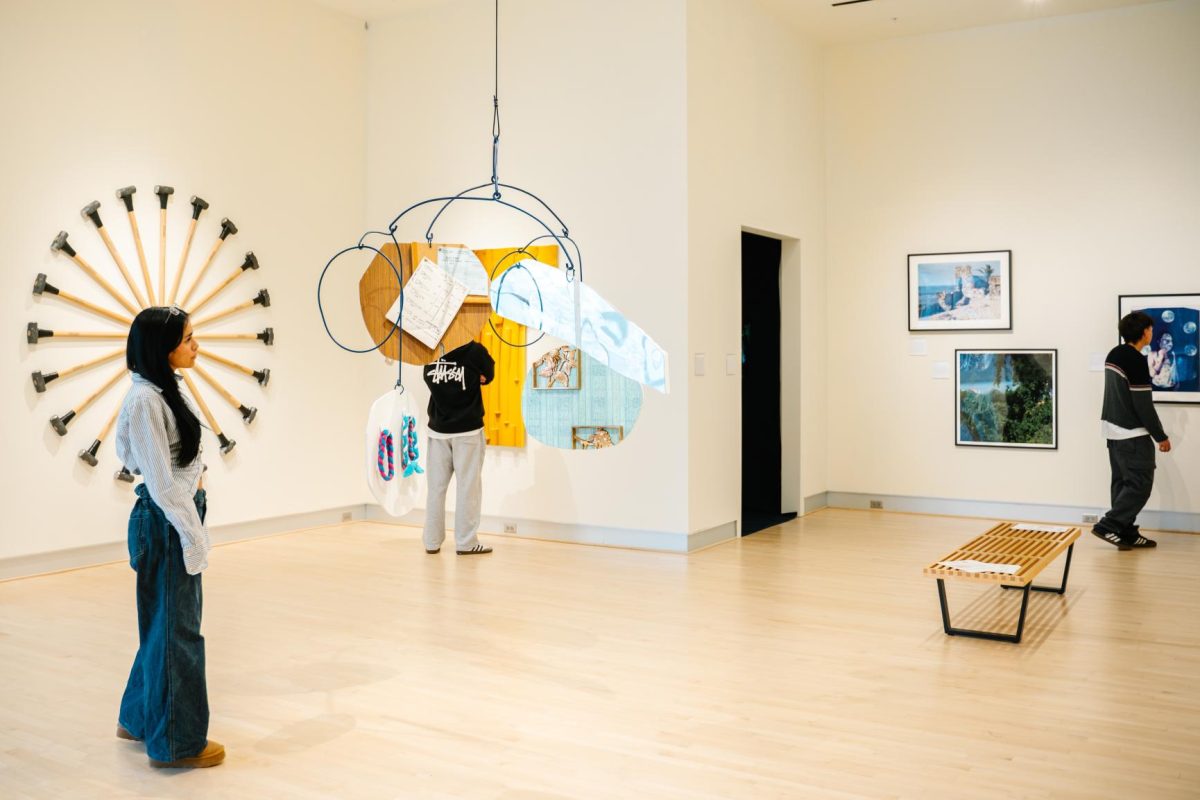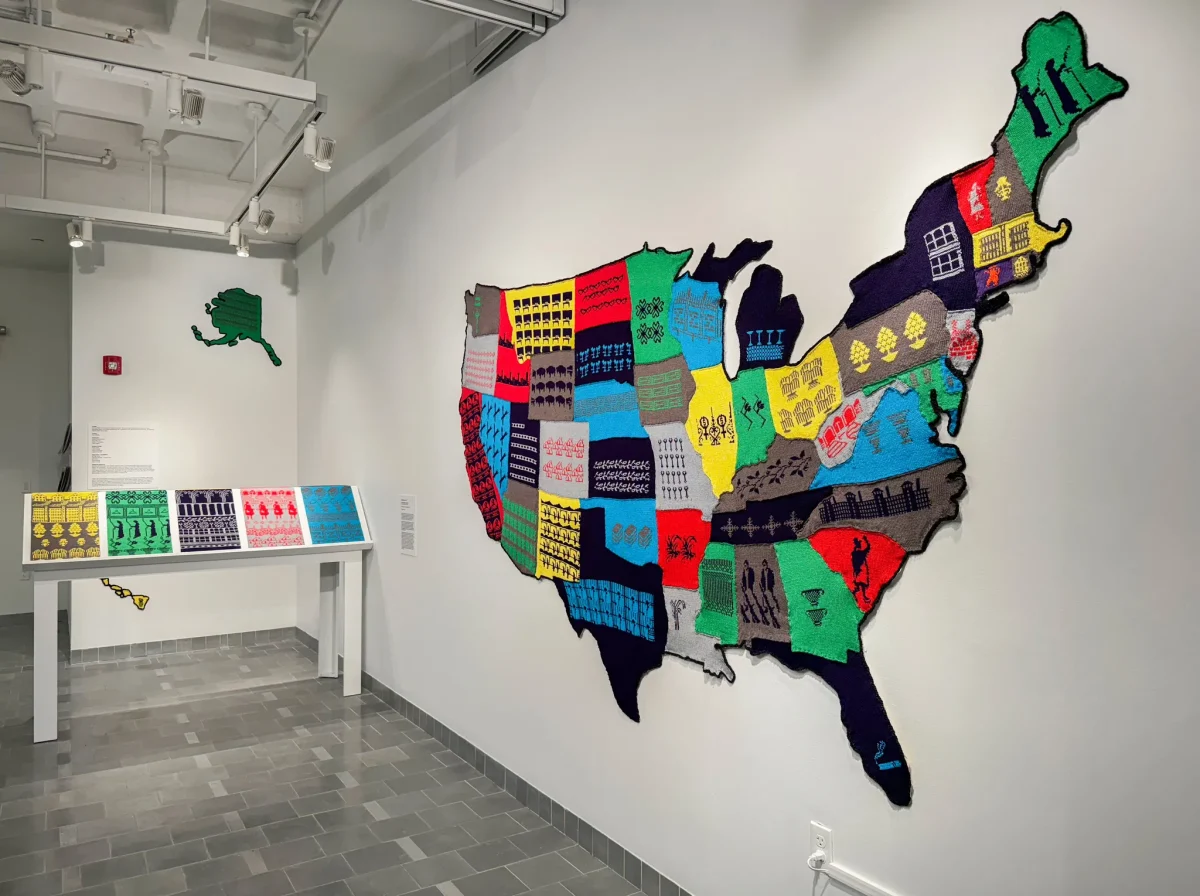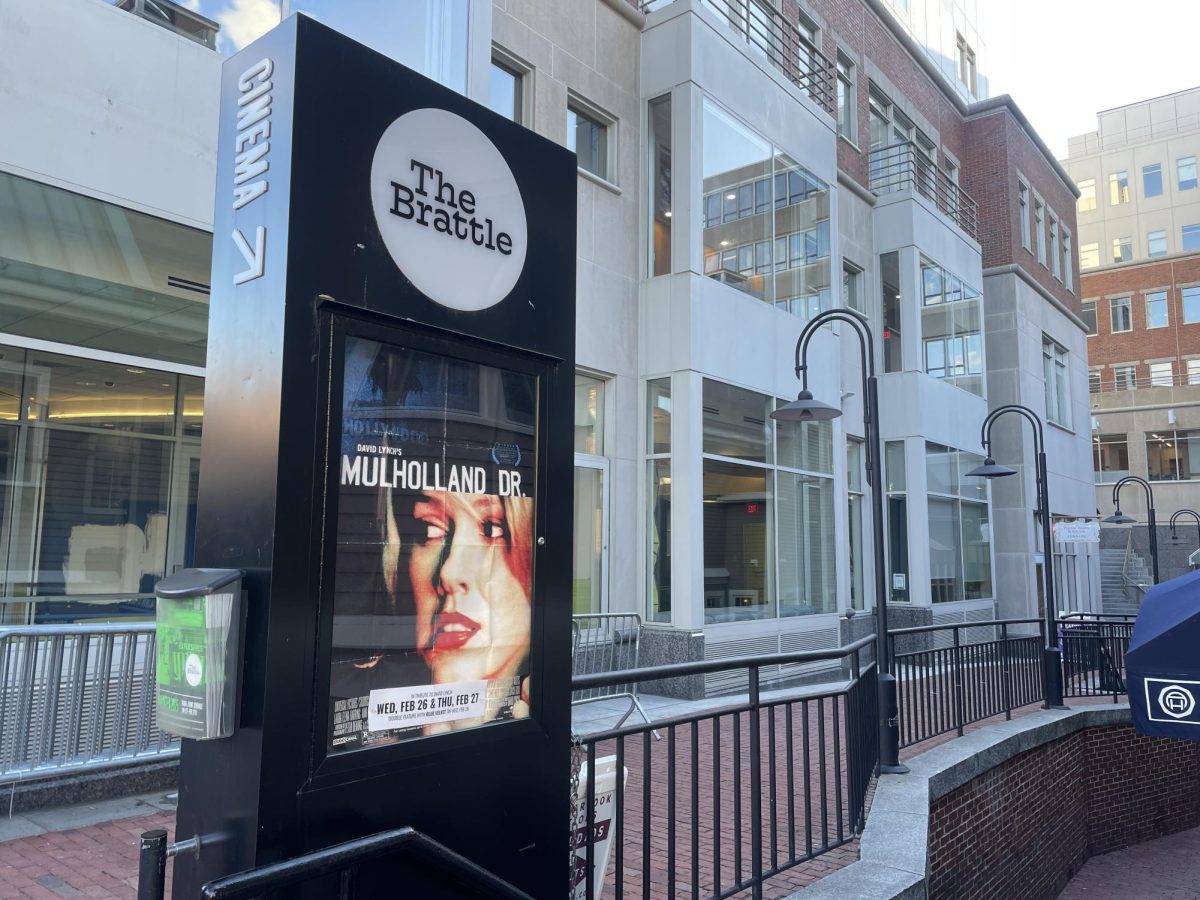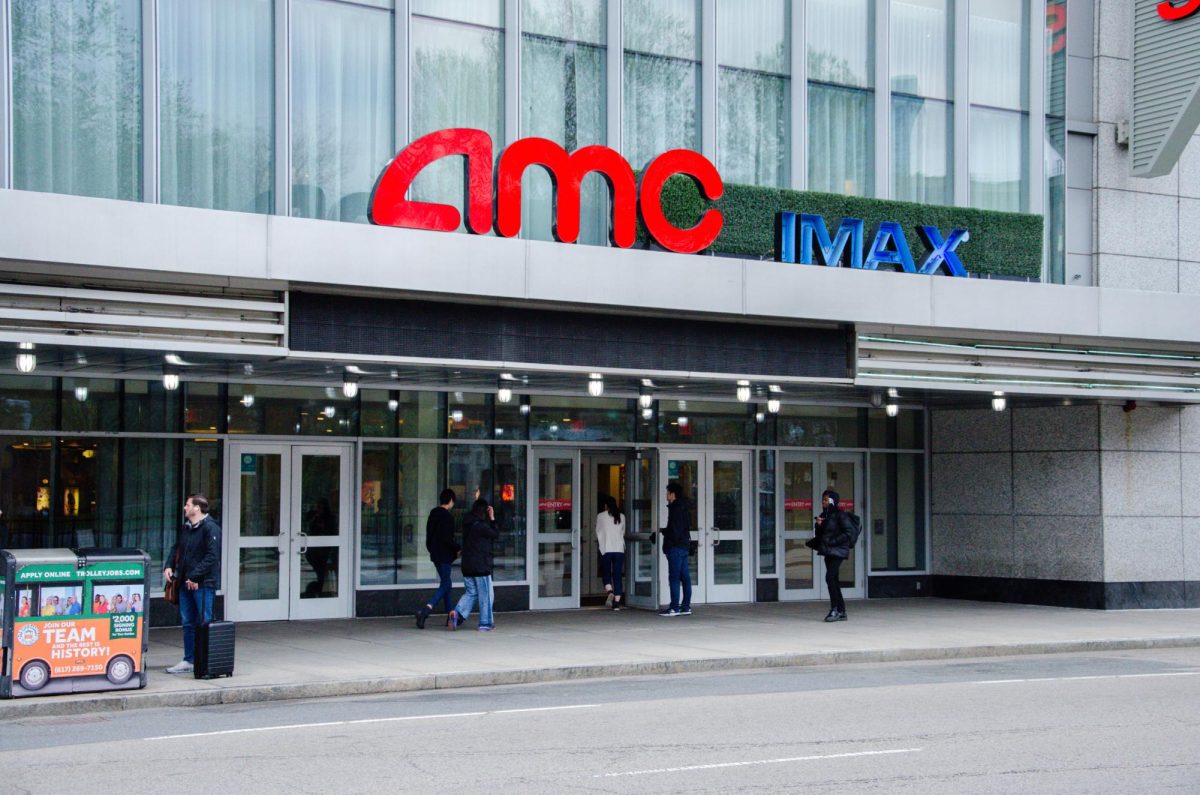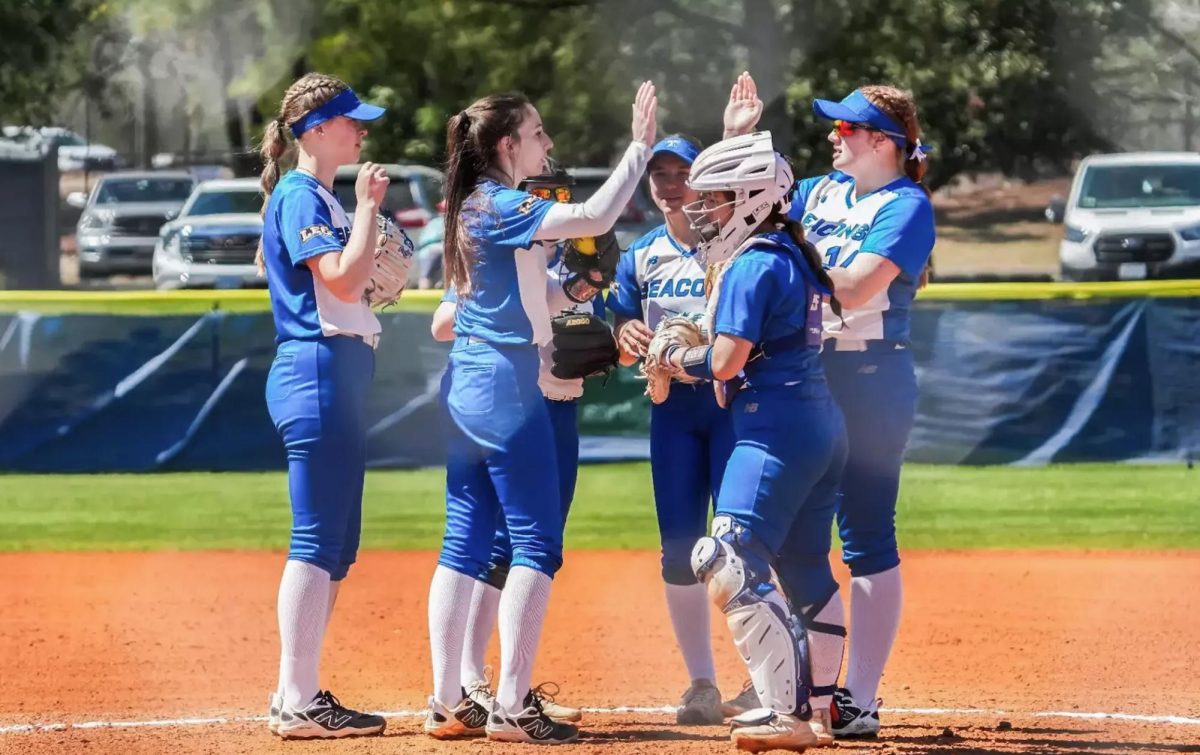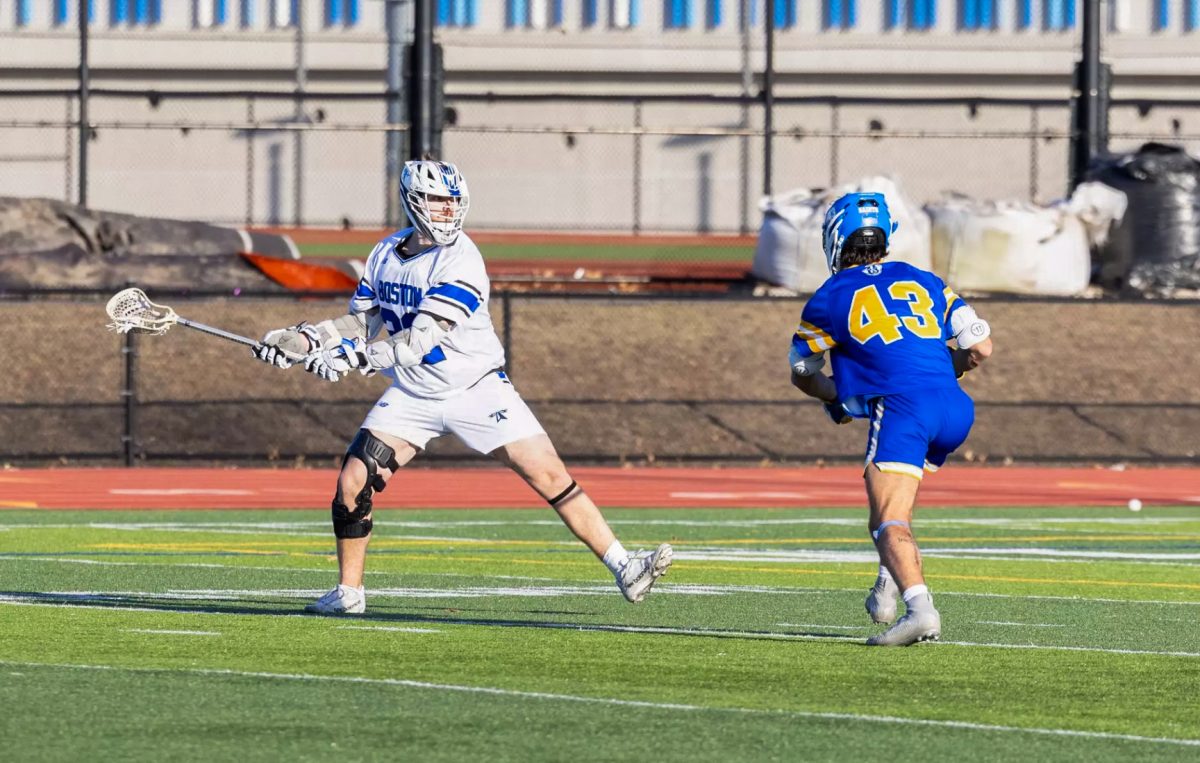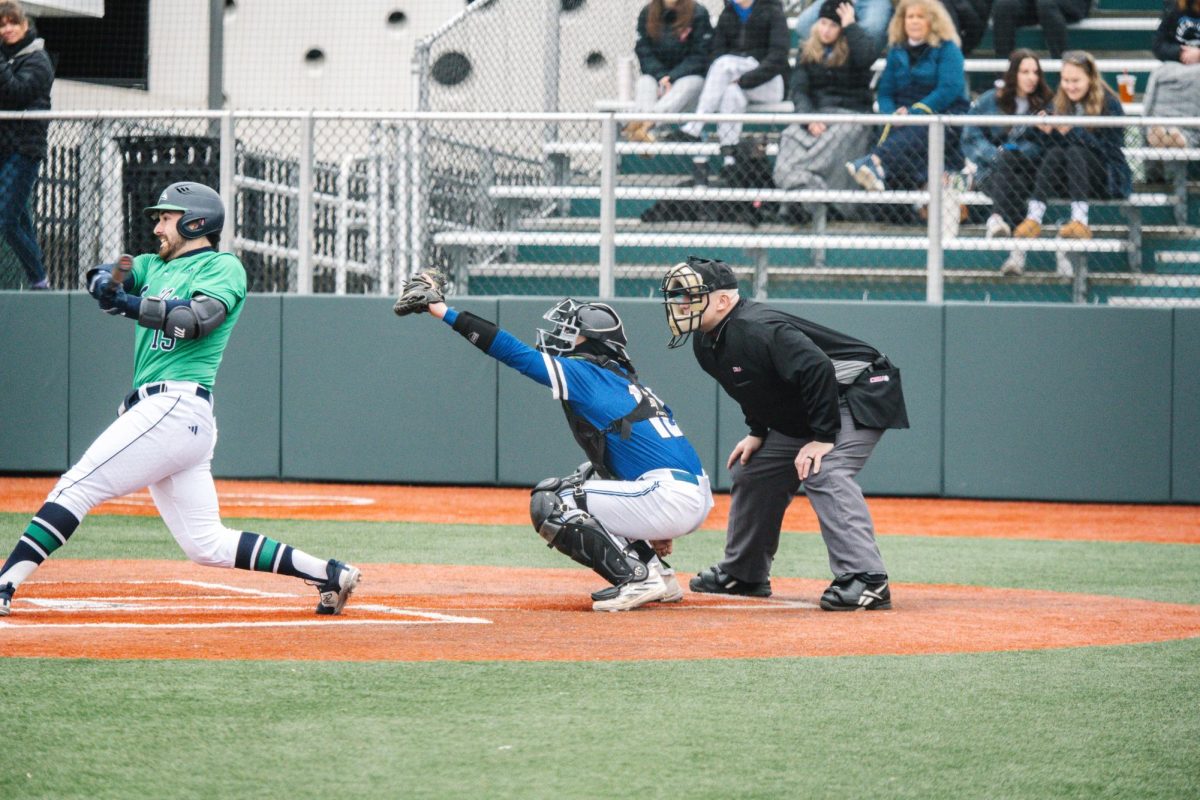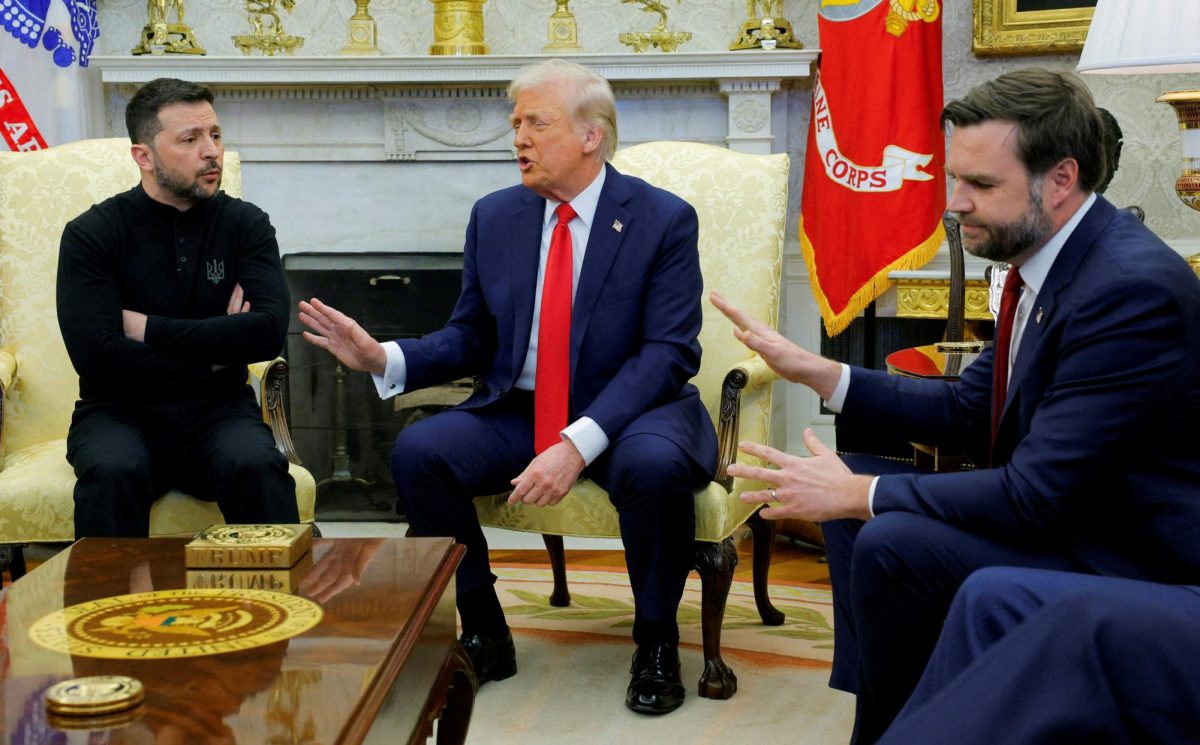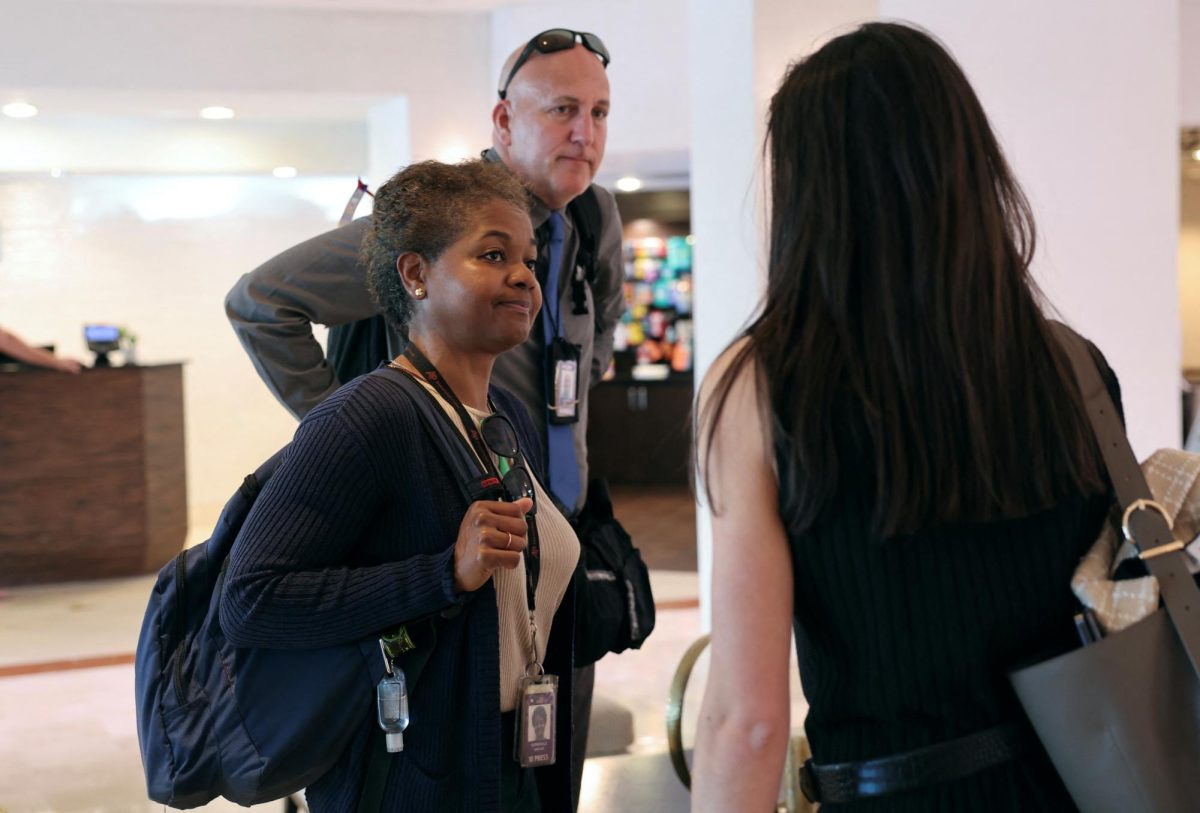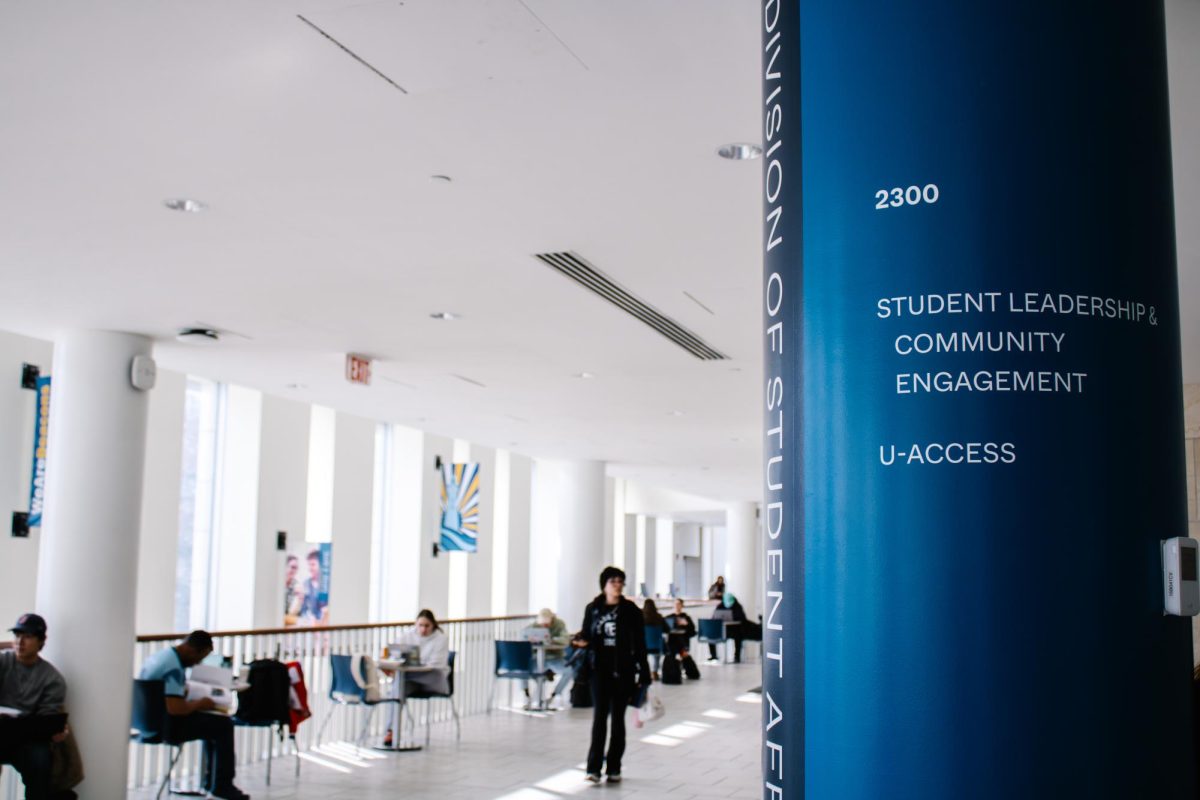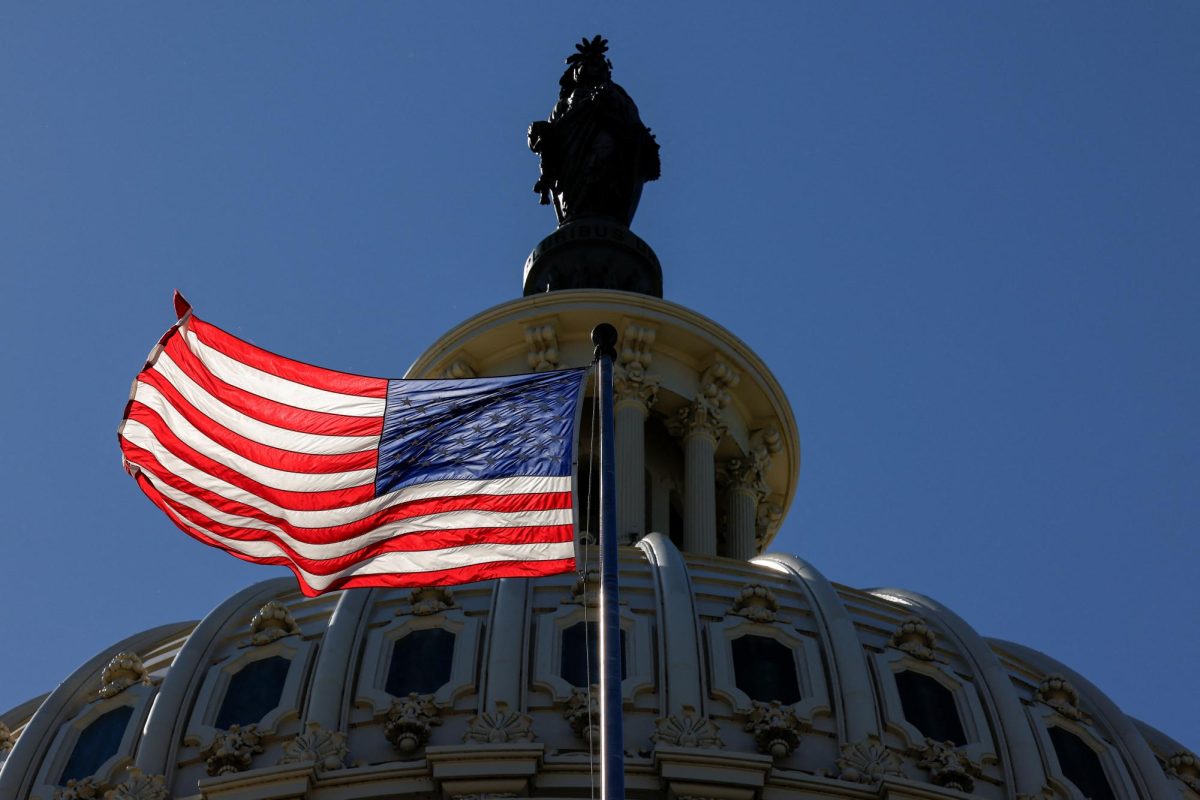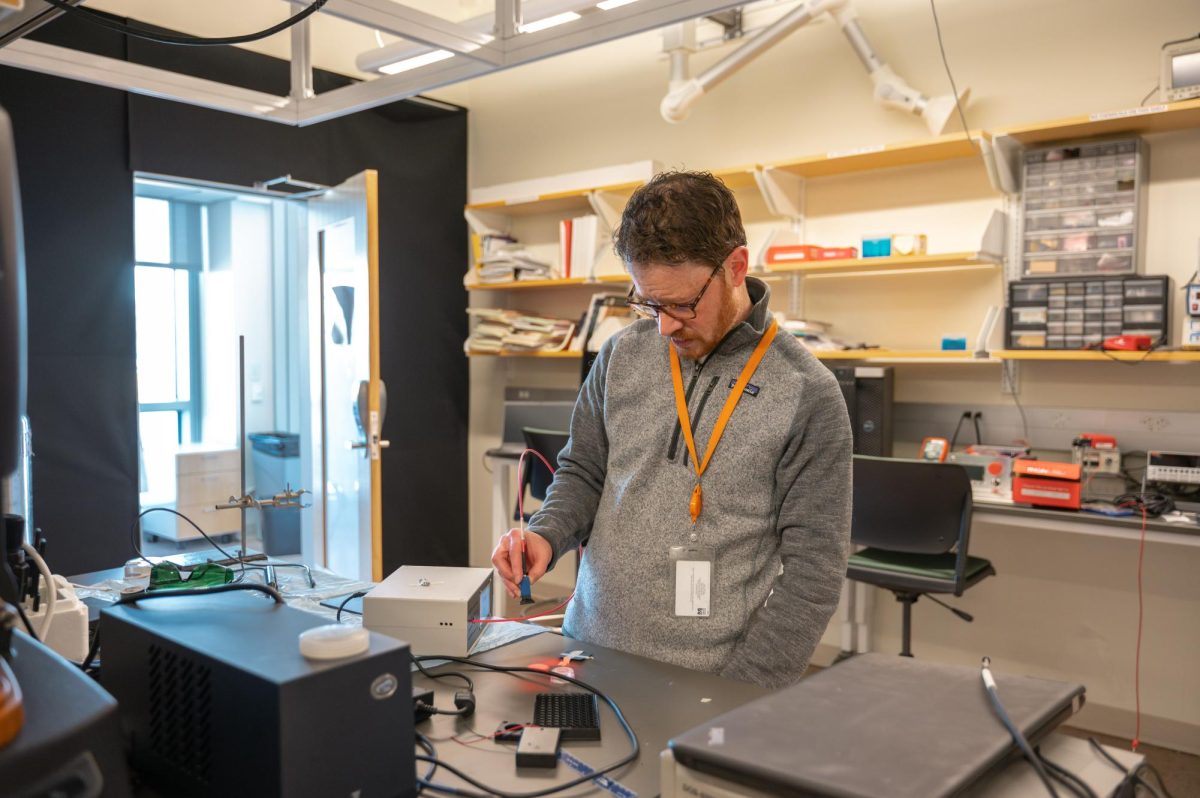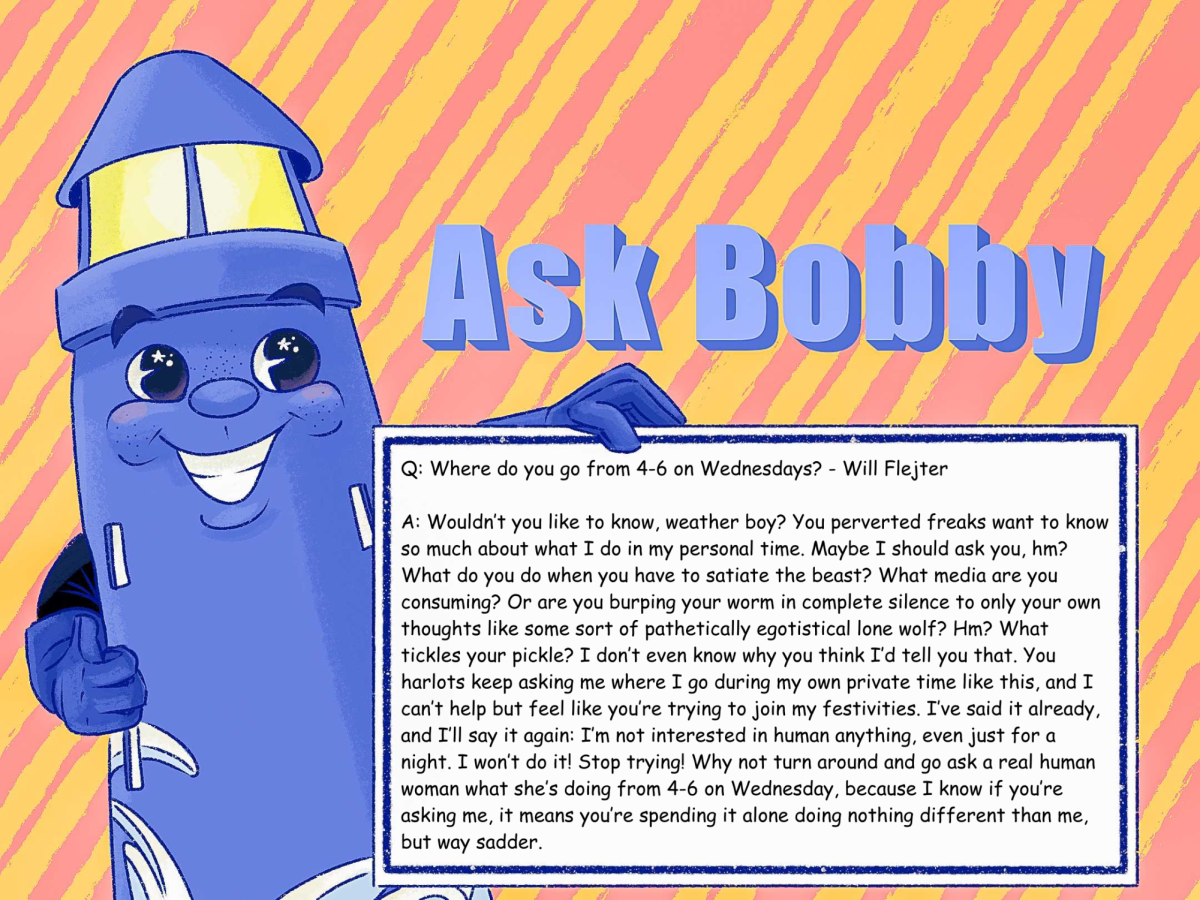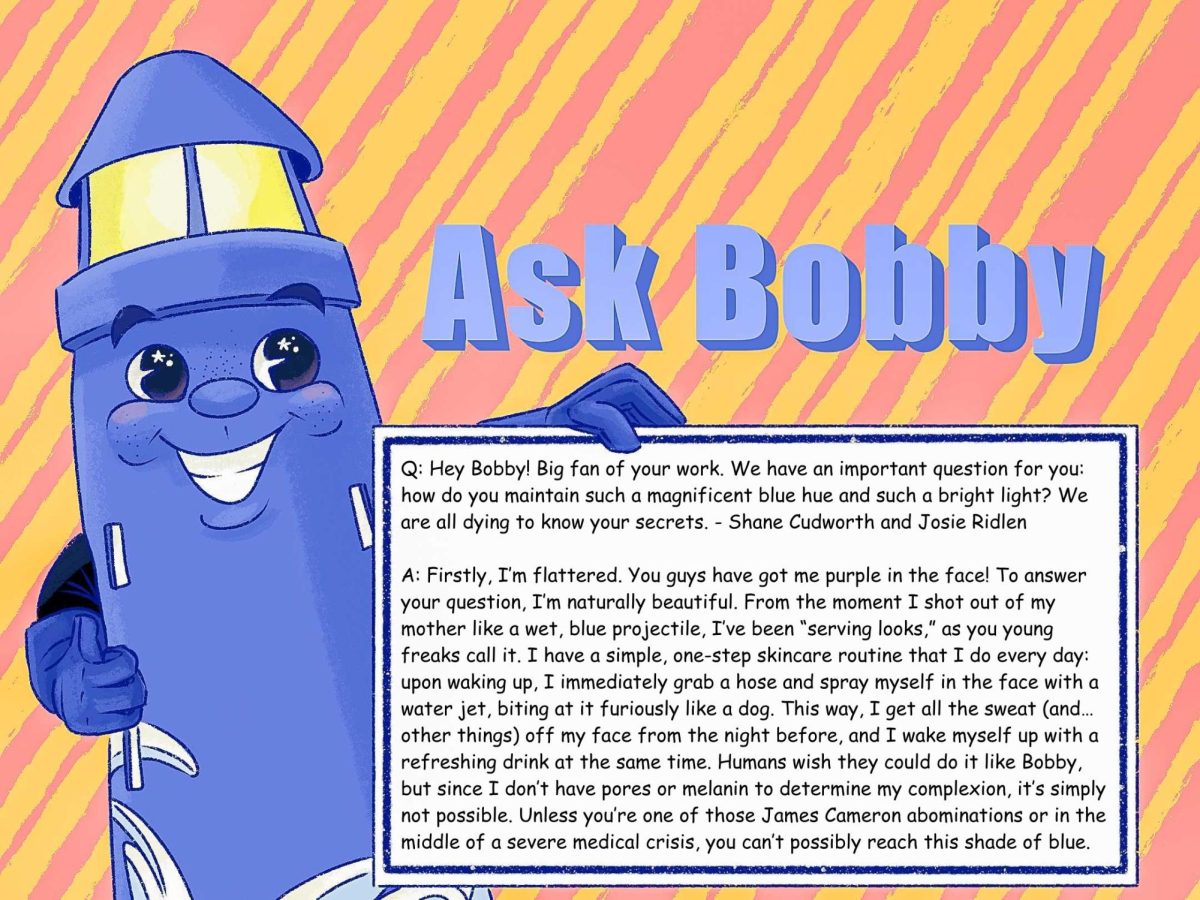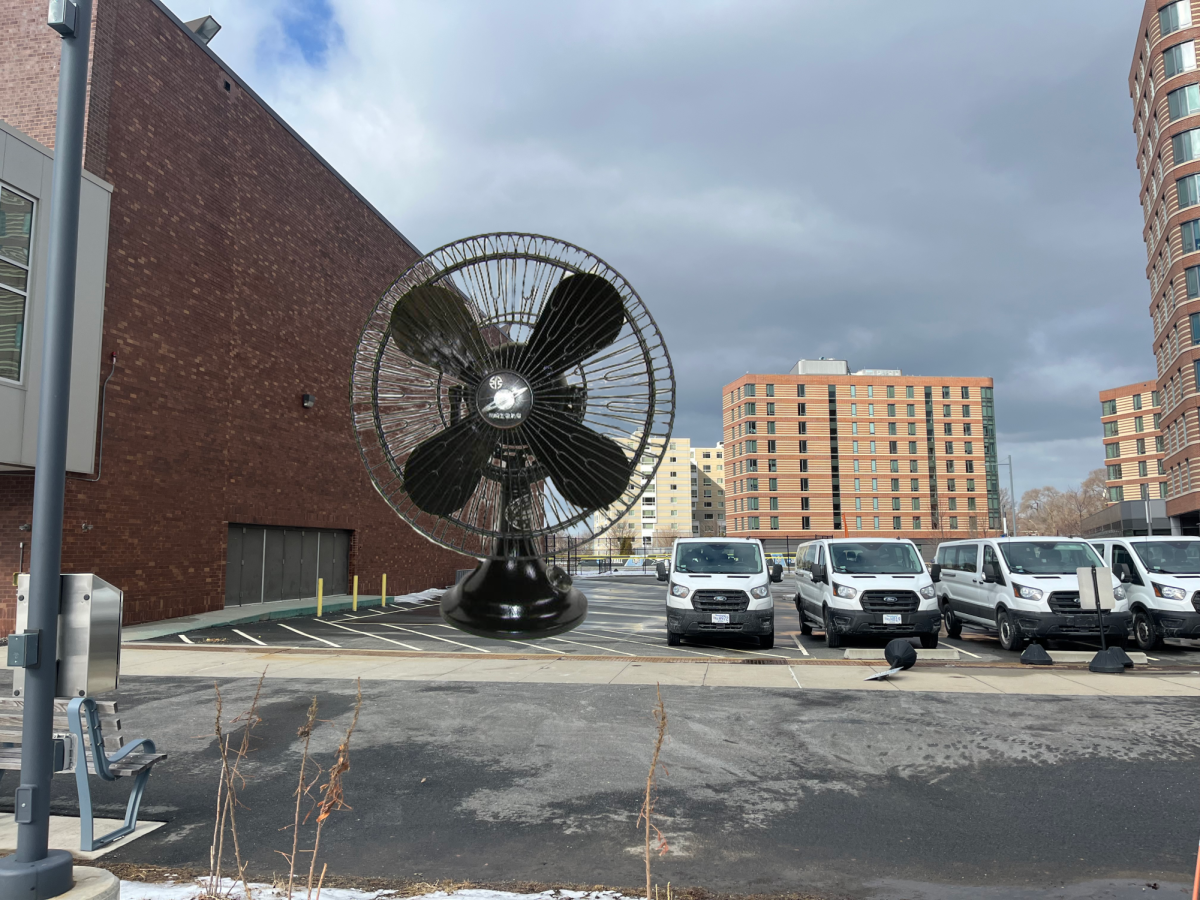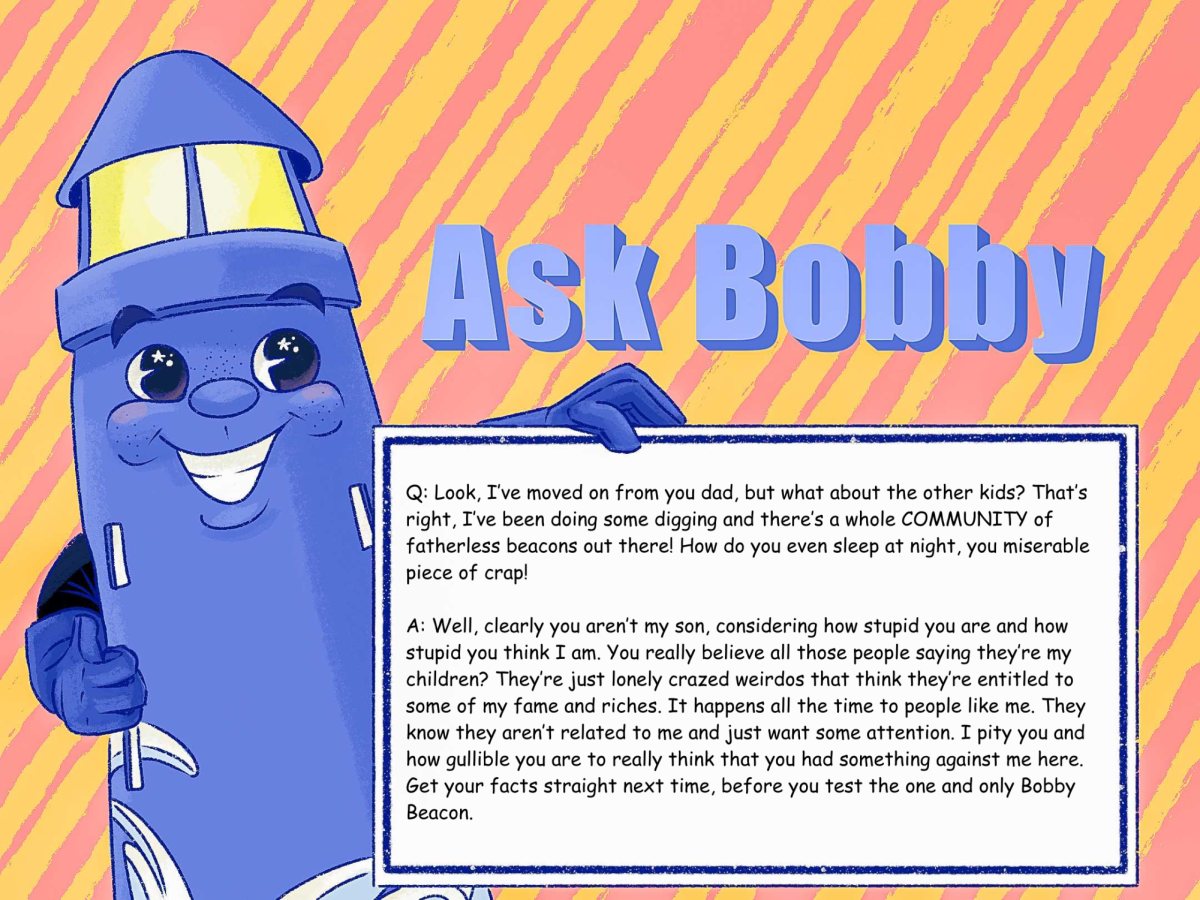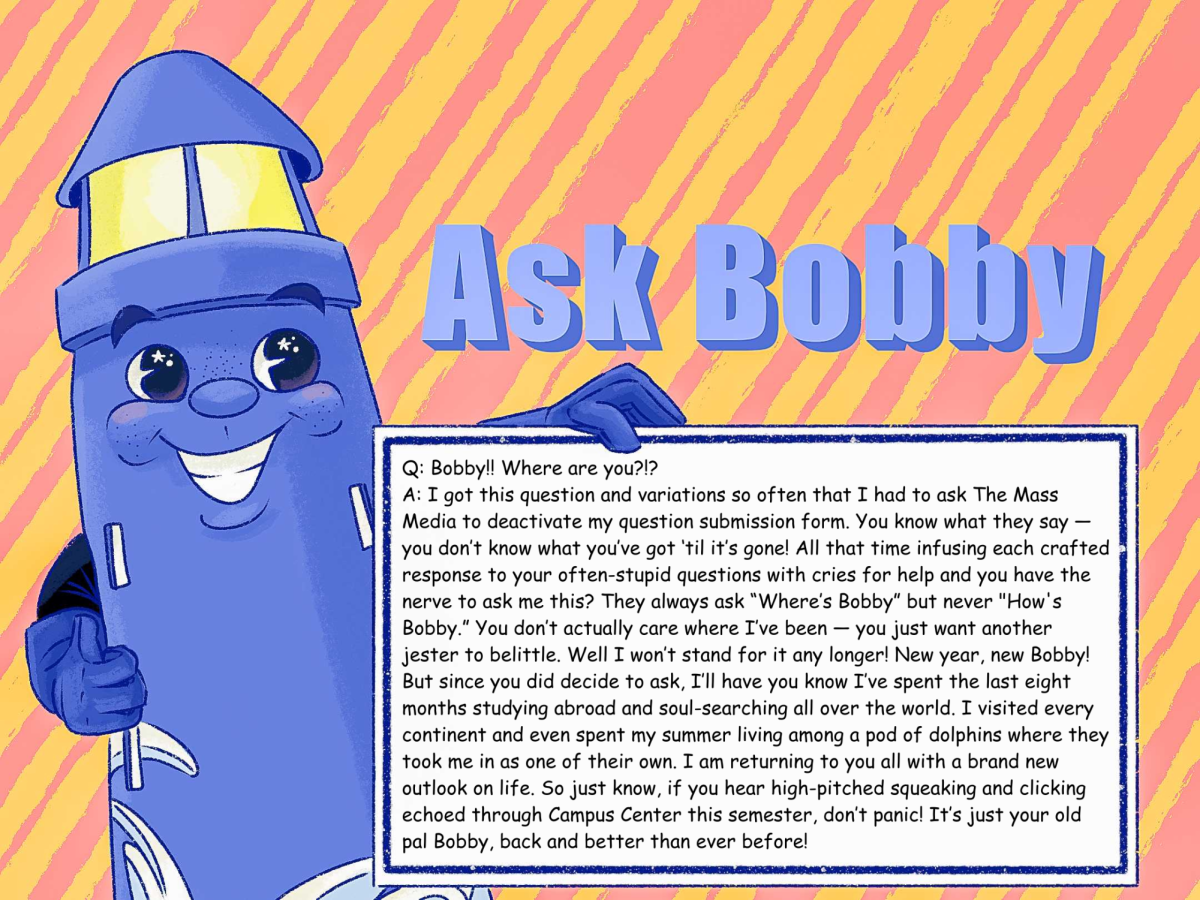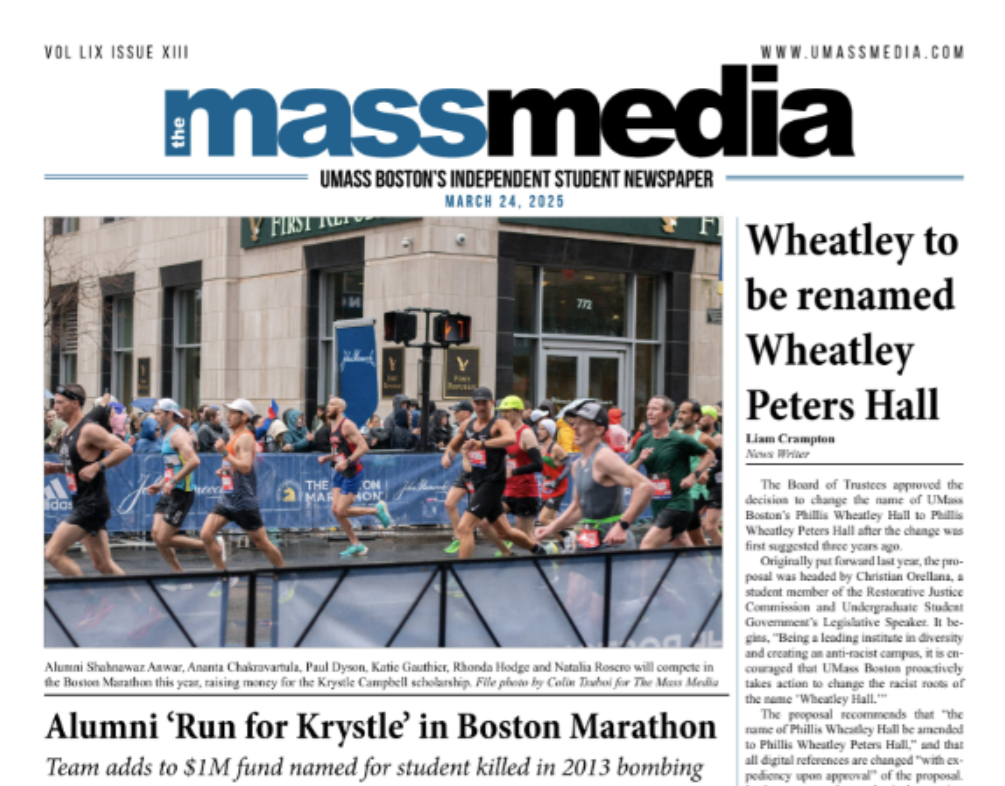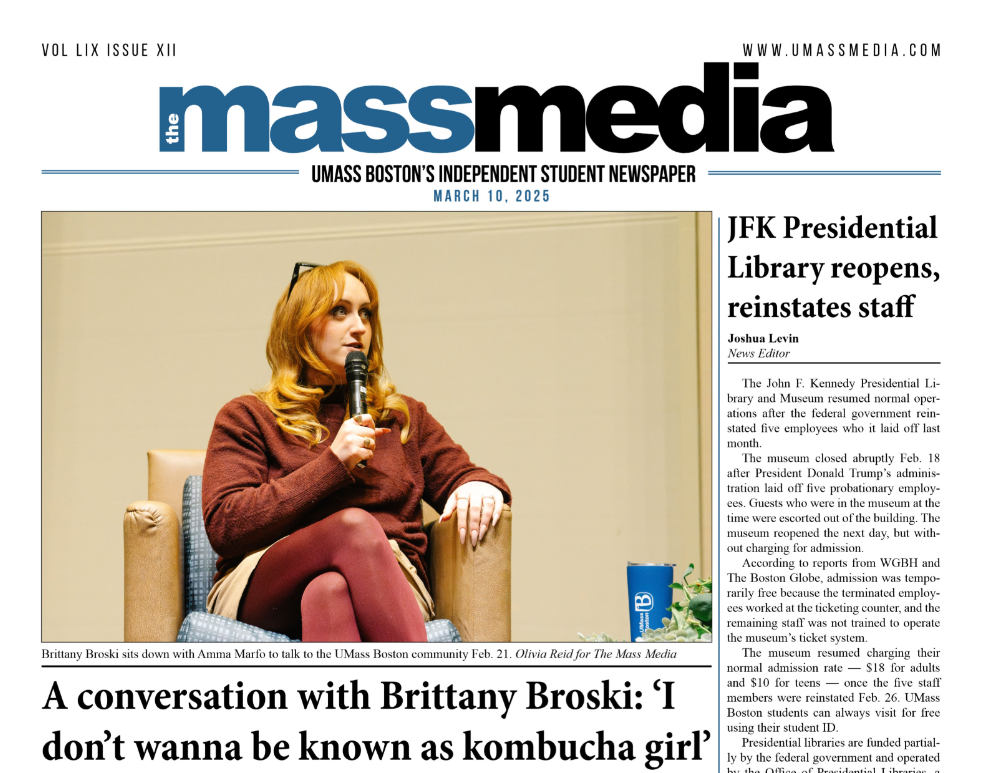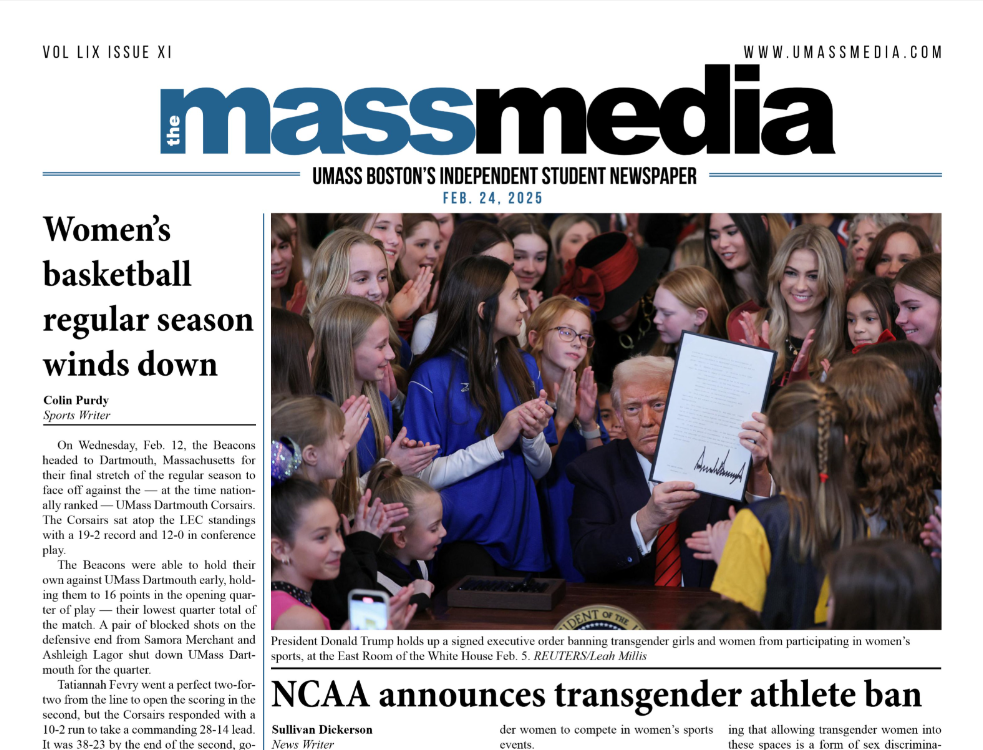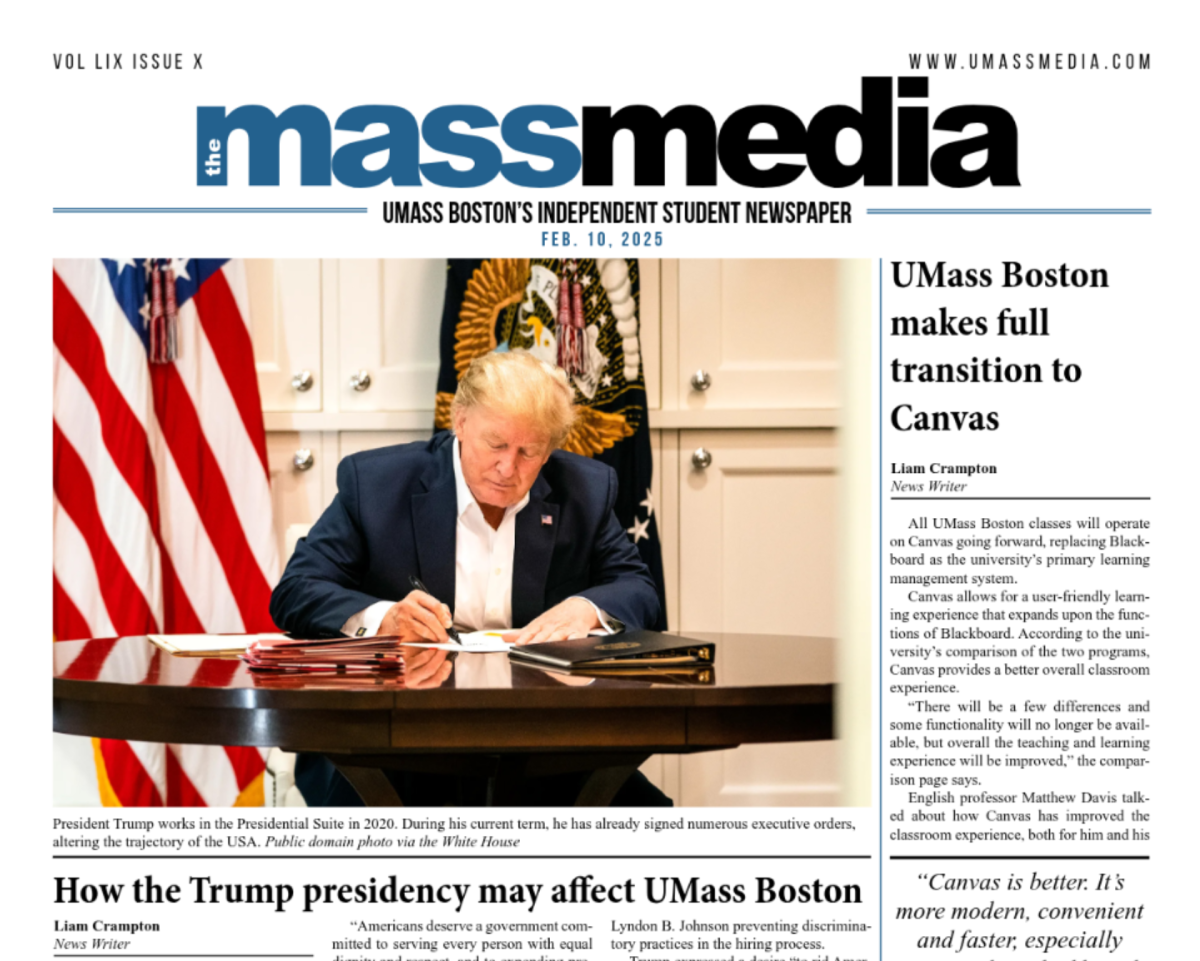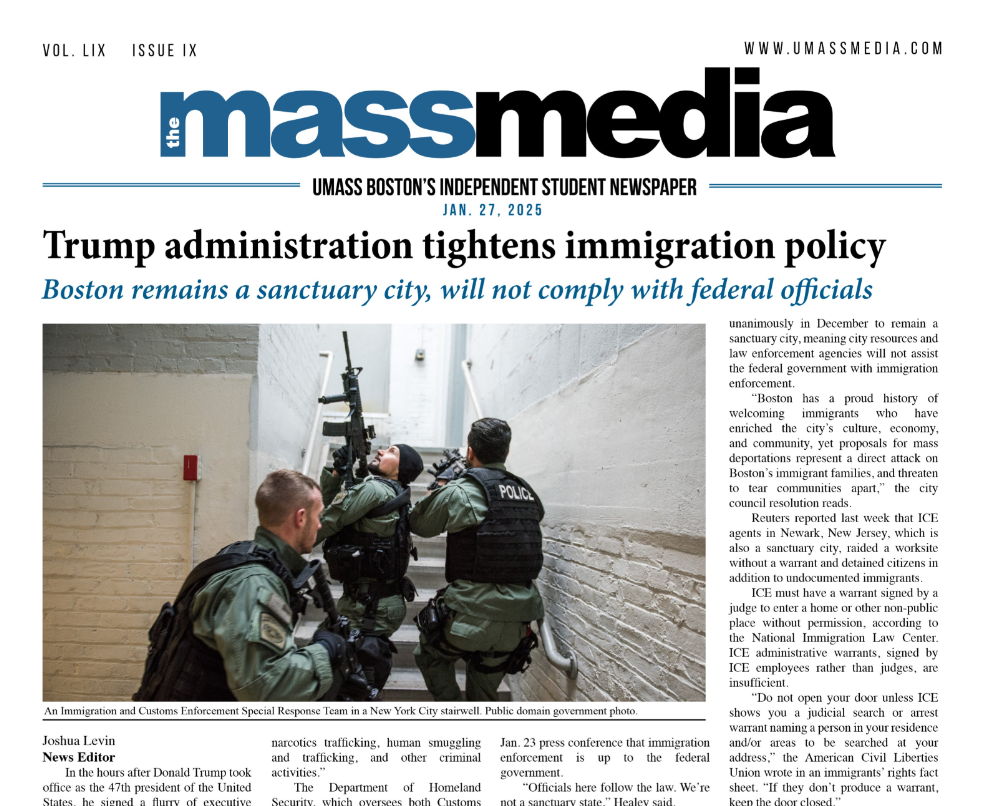Chancellor Search Progresses Despite Controversy
April 17, 2005
BY NANCY DERBYStaff writer
Almost three weeks ago rumors spread that Interim Chancellor Keith Motley was not among finalists chosen for permanent chancellor of UMass Boston. This rumor, allegedly due to a breech in confidence by a member of the university’s chancellor search committee, a 22-member board recruited by the Board of Trustees to recommend final candidates to President Jack Wilson, caused staff members and students on campus to lobby for the popular interim chancellor. Speculations surfaced that this appeal to popular support was the intention of the breech and ultimately responsible for Motley’s inclusion in the list of three candidates given to Wilson. In protest to what they say was a flawed and controversial search process, two search committee members resigned and walked out of the committee’s final April 1 meeting at the President’s Office.
Mary Stevenson, UMB economics professor and member of the search committee, wrote in her resignation letter to Wilson, “I am outraged that the process has been subverted by a massive breach of confidentiality…Though I began my work on the committee with great enthusiasm, I cannot in good conscience continue to participate in a search process that has been so severely compromised.”
All committee members were required to sign a confidentiality agreement and were warned that, “one of the dangers was that [leaking information] would cause members to withdraw,” Stevenson said. Dennis Austin, trustee, UMass Boston alumnus, and fellow search committee member, also resigned.
One top candidate, Daniel O. Bernstine, current president of Portland State University, withdrew from the race in the days preceding the committee’s final April 1 vote after rumors circulated his name as a contender, along with the rumors of Motley’s non-contention. Despite committee members’ speculations, he denies a connection between the rumors and his withdrawal, telling the Globe, “The breech occurred after I made my decision. In the end, I just decided I wanted to stay at Portland State.”
The lobbying for Motley included Interim Director of Student Life Jain-Ruvidich Higgins’ email to students encouraging a vote of no confidence in the committee, a move Stevenson called an, “inappropriate action on her part.” Charlie Titus, interim vice chancellor of Student Affairs, responded, “whether [Jain and others] reacted poorly or not, they reacted to what they felt, what they believed to be true.” He continued, “I really think the committee ought to be looking at itself. If people on the committee believed in confidentiality, believed in the committee, then why was it breeched?”
The leaking of confidential information and subsequent committee member resignations call into question the legitimacy of the process and its ultimate outcome, as well as what the controversy means for the reputation of UMass Boston. “It’s a serious thing,” commented Stevenson, “I’m concerned about the way it impacts the university’s image.” She continued, “I was very disappointed in Motley’s failure to take action against the inappropriate actions that were made on his behalf.” Motley was added to the pool of finalists by a motion from committee member Robert Johnson, an Africana Studies professor at UMB, during the April 1 meeting.
The situation is, “regrettable to all of us,” according to Titus. “At this point we just have to move forward in the most positive way possible. Right now you have a lot of pointing fingers, and I don’t know what all that solves.”
In response to Motley’s qualifications in leading UMass Boston as chancellor, Titus commented, “What he’s done in leading this campus speaks for itself. Peoples’ reactions to what they heard tells a story. Twenty-nine years, I’ve seen favorite professors and others that have had impact on the students, but I’ve never seen students react like that.” Eliza Wilson, Undergraduate Student Senate senator and outspoken Motley supporter, expressed a similar sentiment, “The reactions we that we have seen simply reflect and show the extent of who he is in the community.”
Wilson will select one of the three candidates for recommendation to the Board of Trustees by the end of May. Criteria he will consider for chancellor as outlined in the search committee’s Case Statement include a candidate’s adeptness at combining a commitment to the urban mission and high academic standards; gaining increased support on state, local, and neighborhood levels; generating non-state resources and funding; fixing the parking garage; reversing declining enrollment and retention rates; and enhancing research facilities and relationships with surrounding research institutions.


